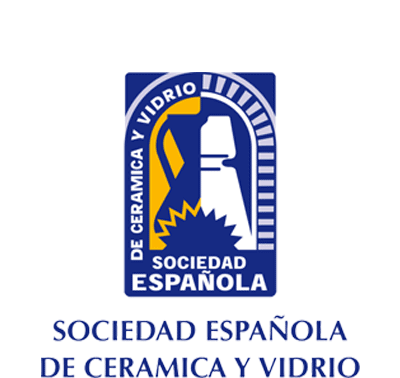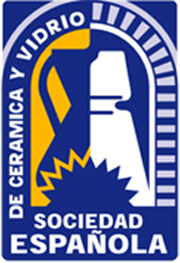11 May Study of in vitro behaviour of functionalized ceramic biomaterials for bone tissue engineering
PhD thesis subject
Start date: October 2020
Doctoral School: SIMME (Materials Science and Engineering, Mechanics, Energy)
Workplace: IRCER RESEARCH LABORATORY – UMR CNRS 7315 LIMOGES – New Aquitaine – FRANCE
Funding: Public
Scientific fields: – Materials – Biotechnology – Health, human medicine
Keywords: Bioceramics – Functionalized bone substitutes – Galénic formulation – In vitro studies
Presentation of the host institution and lab
The Ceramics Research Institute (IRCER) is a pluridisciplinary laboratory at the interface between materials science and process engineering. It combines fundamental and applied approaches aimed at understanding, characterizing, controlling and modeling the various processes that lead to obtaining an object or a deposit with one or more properties for a given use. This institute is composed of 4 research axes and this thesis subject is part of the Bioceramics team of axis 4: “Ceramics under environmental constraints”.
The Bioceramics team at IRCER develops substitutes adapted to bone fillings of varying sizes for use in bone tissue engineering. These bone substitutes made of phosphocalcic ceramics, mainly hydroxyapatite-based, are thus biocompatible and osteoconductive. In addition, these ceramics present a 3D architecture with controlled multi-scale porosity (micro-macro porous) because they are shaped by additive manufacturing techniques such as microstereolithography or robocasting. These ceramics can then be functionalized or not and in vitro or in vivo tests are developed to test the biocompatibility and effectiveness of these materials. https://www.ircer.fr/
Description of the subject
The thesis subject is in line with the team’s work at the interface between materials science, biology and pharmacy to develop functionalized ceramic biomaterials adapted to respond to the dual problems of bone reconstruction and infection prevention. The objective is to functionalize bioceramics developed within the team so that they can prevent infections or even facilitate angiogenesis after implantation and thus acquire osteoinductive properties. To meet this objective, substitutes will be functionalized with antibiotic-loaded hydrogels and the release kinetics of the drug will be evaluated in a perfusion bioreactor under conditions close to bone physiological conditions. As these materials will be introduced during bone surgery, the formulation of hydrogels will have to be adapted to allow an efficient release of the antibiotic in inflammatory bone conditions (low flow, acid pH). The release kinetics of the drug as well as those of the ions resulting from the degradation of the ceramic will be analyzed and quantified by UV-visible spectrophotometry and mass spectrometry. In addition, the impact of the architectural and functionalized biomaterial on the cells present at the bone level will be analyzed in order to study the effectiveness of the device on bone growth and its possible toxicity on the host tissue. All the results obtained may lead to the addition of pro-angiogenic molecules and/or stem cells to the device.
Candidate profile
In view of the proposed lines of research, skills in chemistry and biology are desirable in order to study all the in vitro aspects of these biomaterials and notions in pharmaceutical development and pharmacotechnical controls will be appreciated.
Deadline for application
May 20th, 2020
Contacts for application
Chantal Damia: chantal.damia@unilim.fr
Betty Laverdet Pouch: betty.laverdet@unilim.fr




